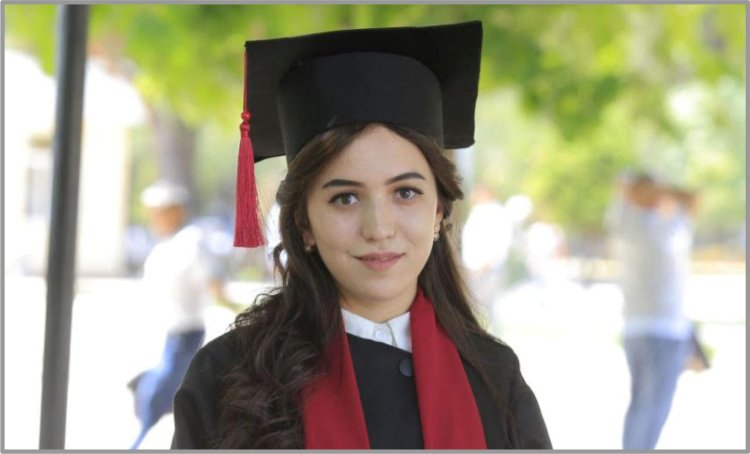THE CONCEPT OF CRITICAL THINKING AND ITS ROLE IN LITERARY EDUCATION
Khojimirzayeva Mohchehra Abrorjon qizi
Namangan State Pedagogical Institute, 1st-year Master's student, Uzbek Language and Literature Department
Abstract
This article explores the concept of critical thinking, its theoretical foundations, and practical significance. It scientifically analyzes how a critical thinking-based approach in literary education helps develop students’ skills in independent analysis, reasoning, evaluation, and expressing personal opinions.
Keywords: critical thinking, literary education, analysis, character, independent thought, student.
Introduction
In today’s era of globalization and information, the main goal of the educational process is to shape individuals who are thinkers, problem-solvers, analysts, and possess creative approaches. Especially in literary education, such an approach positively influences students’ worldview, aesthetic thinking, and moral development. Critical thinking is not just about criticizing, but about deep thinking, approaching each idea with a reasoned perspective, distinguishing cause and effect, drawing conclusions, and proposing new ideas
Main Part
The Content and Essence of Critical Thinking
Critical thinking, known as "critical thinking" in English, refers to an evaluative, analytical, and comparative approach in the human thought process. Scholars such as Robert Ennis, Linda Elder, and Richard Paul identify the following key components of critical thinking:
Open-mindedness
Logical analysis
Doubt and caution
Evidence-based reasoning
Personal judgment
Critical thinking is not just about doubting or criticizing but deeply analyzing ideas, evaluating them with evidence, and making independent decisions. It relies on two main elements: logical reasoning and creative approach. Logical reasoning allows people to find problem-based solutions, while creativity enables them to view issues from new perspectives. Critical thinking frees individuals from stereotypical thinking, encouraging understanding over blind acceptance, and thereby promotes the development of a creative and free-thinking personality.
Critical thinking is not merely rejecting or criticizing an idea. It includes:
Evidence-based reasoning
Drawing logical conclusions
Comparing different perspectives
Striving to understand alternative viewpoints
The ability to convincingly defend one's opinion
The critical thinking process includes the following stages:
1. Identifying the problem – understanding the situation or question
2. Gathering information – selecting reliable sources and collecting data
3. Analysis – working with information, comparing and evaluating it
4. Drawing conclusions – reaching logical, reasoned decisions
5. Decision making – finding the optimal solution to the problem
A person with critical thinking skills demonstrates the following qualities:
Thinks analytically and examines each piece of information
Questions things and strives for deeper understanding
Justifies their opinions with evidence
Is tolerant and respectful of others’ viewpoints

